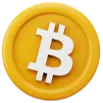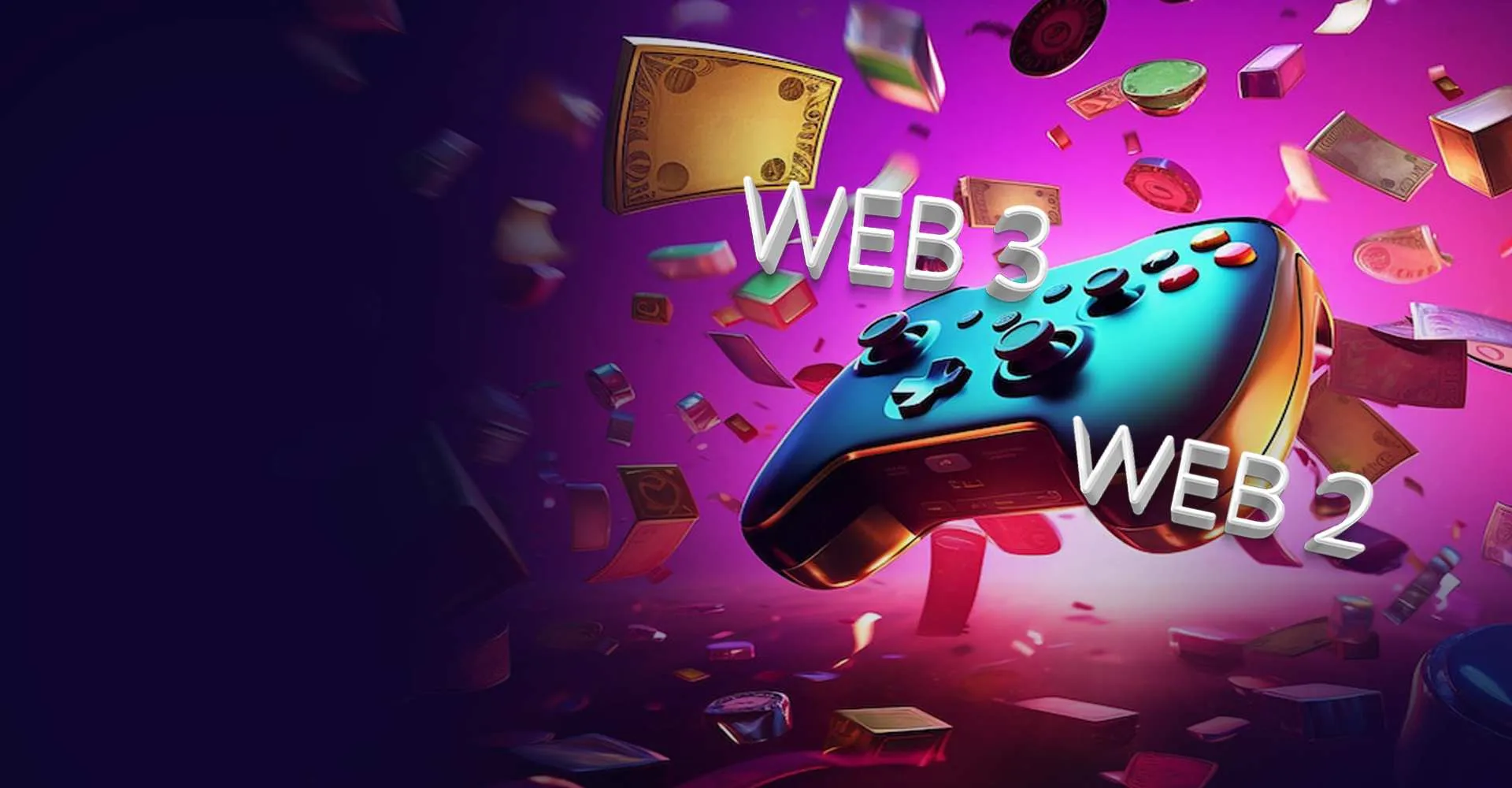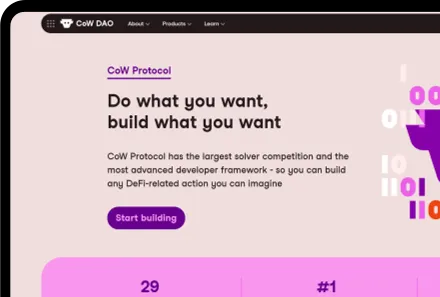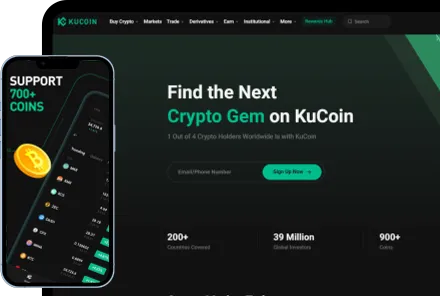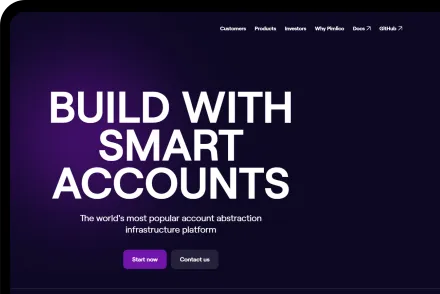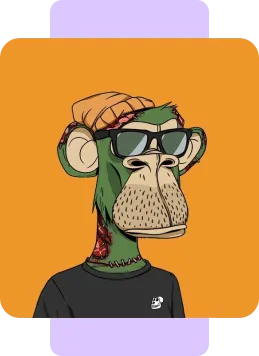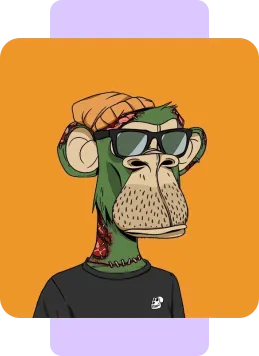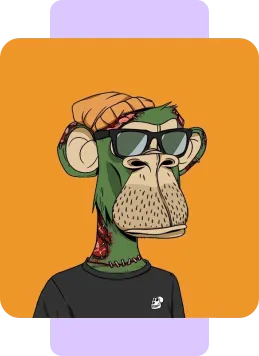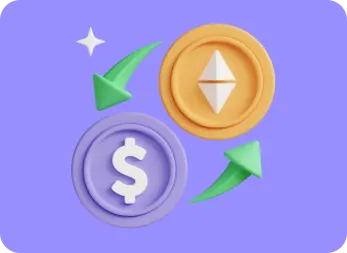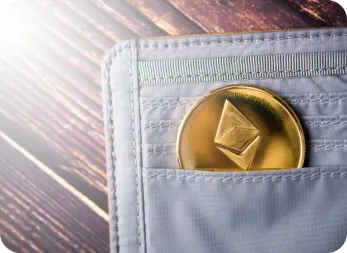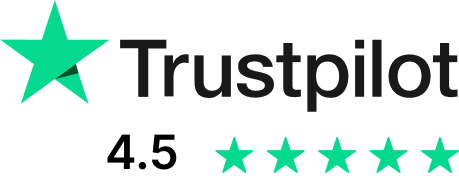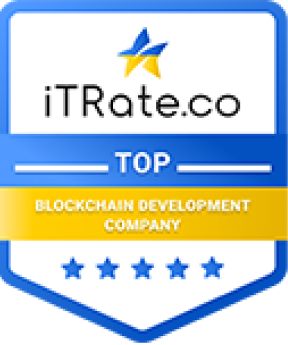Why Choose Tanθ For Web2 to Web3 Game Development?
Tanθ makes Web3 games that are fun to play while taking advantage of blockchain's special and unique abilities. You can effectively customize games to include new ways for game companies to make money through things like NFTs while letting the developers stay in creative control. This makes us a standout partner for creating the future of gaming using Web3.
Our Web2 to Web3 Game Development Services






Types of Web2 To Web3 Games We Create

These games allow players to earn real-world value, typically in the form of cryptocurrency or NFTs by participating in gameplay. Players can monetize their skills, in-game assets and time invested.

In these games, players collect, trade and showcase NFTs representing digital or virtual collectibles like trading cards, art or virtual pets. Rarity and ownership of these NFTs are key elements.

These games create open, decentralized virtual environments where players can build, own and monetize digital assets, properties and spaces. Users have full control and ownership of their in-game assets.

Strategy games incorporate blockchain elements, allowing players to trade and utilize NFTs to enhance their strategies or gain advantages in the game world.

Mobile games with blockchain integration offer features like NFT collections, P2E mechanics and cross-game asset utilization, enhancing mobile gaming experiences.

RPGs introduce blockchain-based character customization and equipment ownership where players can buy, sell and trade NFTs representing in-game characters and items.

These games simulate real estate markets within virtual worlds, where players can purchase, develop and trade virtual properties represented as NFTs.

eSports platforms integrate blockchain for fair competition and transparent rewards distribution. Skill-based games may also offer P2E mechanics.

Sports and racing games incorporate NFTs representing players, teams or vehicles, enhancing realism and allowing players to trade and compete with their unique NFT assets.

Card games including traditional card games like poker and innovative blockchain-based card games, leverage NFTs for card ownership and trading.

Virtual casinos and gambling platforms utilize blockchain for transparent and provably fair games as well as for the management of digital assets used in gambling.

Social games within decentralized virtual worlds enable players to socialize, collaborate and trade NFTs, creating immersive social experiences.

These games encourage players to create and showcase digital art, music or other creative content as NFTs, promoting a creative and collectible ecosystem.

TCGs incorporate blockchain technology to manage card ownership, scarcity and trading, enhancing the collectible card gaming experience.

Puzzle games integrate blockchain elements, allowing players to solve puzzles to unlock NFTs or cryptocurrency rewards. These games often require skill and strategy.

Educational games incorporate blockchain to create tokenized rewards and assets, making learning more engaging and allowing students to earn while they learn.
 And Augmented Reality (AR) Metaverse Games.webp)
VR and AR games set within expansive metaverse environments offer immersive experiences where players can interact with NFTs and virtual spaces.

These games empower players to express their creativity through NFTs, including digital art, music and literature, fostering a community of artists and collectors.

Blockchain-Based Trading Simulations simulate real-world trading scenarios, where players use NFTs and cryptocurrencies to engage in virtual stock markets and trading competitions.

Supply chain and logistics simulation games leverage blockchain for transparent tracking of goods, introducing NFTs representing products, transport and assets within the game world.
Our Approach For Web2 To Web3 Game Development

Assessment And Planning
Evaluate your existing Web2 game to identify opportunities for blockchain integration and Web3 enhancements. Develop a clear conceptual plan outlining how blockchain technology, NFTs and decentralized features will be integrated to improve the player experience.

Blockchain Integration
Select a suitable blockchain platform such as Ethereum, Binance Smart Chain, that aligns with your game's goals. Integrate blockchain technology into your game including the development of smart contracts for NFT creation, ownership and trading.

Asset Tokenization
Identify in-game assets that can be tokenized as NFTs such as characters, items or properties. Mint NFTs for these assets, ensuring their uniqueness and scarcity to drive value and player engagement.

Monetization Strategy
Design a Play-to-Earn model that allows players to earn, trade and spend NFTs within the game. Establish tokenomics, rewards systems and in-game economies that incentivize player participation.

User Experience And Security
Create a user-friendly interface that seamlessly integrates blockchain features, making it accessible to all players. Implement robust security measures to protect player data and assets while also ensuring compliance with relevant regulations.

Launch, Marketing And Maintenance
Experience a comprehensive suite of services encompassing game launch, marketing and ongoing maintenance. Our solutions ensure a seamless journey from concept to success in the ever-evolving world of gaming.
Process We Follow For Web2 To Web3 Game Development
- > Strategic Assessment
- > Player-Centric Design
- > Blockchain Integration Expertise
- > Asset Tokenization
- > Monetization Strategy
- > Security And Compliance
- > Continuous Improvement
- > Community Engagement
Strategic Assessment
It all begins with a comprehensive assessment of your current Web2 game. During this phase, we identify possibilities for integrating blockchain technology and introducing Web3 improvements that resonate with your game's vision and player base.
Client Testimonial
Digital Assets for Unique Ownership
NFTs certify exclusive digital ownership transforming art and collectibles globally
We are Partnered With
Other Blockchain Platforms For Web2 to Web3 Game Development

Ethereum is a pioneer in blockchian gaming knowb for its smart contrat functionality. It provides a solid foundation for creating NFT based games and DApps with high liquidity.

Flow is purpose--built for blockchain gaming and NFTs. Its offer high throughout and unique resource making it an ideal choice for developers looking to create scalable, interactive experiences.

Polkadot is a multi-chain framework that enables interoperability between different blockchains. Game develoeprs can build on polkadot to take advantage of its corss-chain capabilities.

Polygon is a layer 2 scaling solution for Ethereum enhancing its scalability and reducing gas fees. Its an excellant choice for developers looking ot leverage Ethereum;s security while improving user experience.

Known for its strong focus on sustaibability and scalability, cardano offer a secure platform for developing blockchain games with an emphasis on formal verification and peer-viewed research.

Avalanche provides a highly customizable platforms making it suitale for creatin a wide rnage of gaming exprience. Its subnets and asset chains enhance scalability and interoperability.

Solana is known for its high-speed transaction and low fees making it an excellant choice for Web3 game develoepers looking to create seamless and scalable gaming experiences.

Tezos focuses on governance and formal verification providing a secure and upgradable blockchain platform for game developers. Its self-amending mechanism for protocol upgrades without hard forks.
Business Benefits of Web2 To Web3 Game Development
Diverse Revenue Streams
Web3 games introduce innovative monetization models including NFT sales and play-to-earn mechanics, creating multiple revenue streams and enhancing profitability.
Enhanced Player Engagement
Decentralized gaming ecosystems promote active player participation through NFT-based rewards, boosting player retention and loyalty.
Global Market Expansion
Blockchain-based gaming attracts a global audience of crypto enthusiasts and gamers, expanding market reach beyond traditional demographics.
Asset Ownership
NFTs provide players with true ownership of in-game assets, promoting player commitment and driving in-game spending.
Brand Loyalty
Visionary Web3 gaming enhances brand perception, positioning companies as innovative and forward-looking, which in turn boosts brand loyalty.
Community Building
Decentralized gaming communities encourage player engagement and passion, leading to user-generated content and organic growth.
A Snapshot of Our Success (Stats)

Total Experience
0Years

Investment Raised for Startups
0Million USD

Projects Completed
0

Tech Experts on Board
0

Global Presence
0Countries

Client Retention
0
FAQs - Web2 To Web3 Game Development
Latest Blogs
Uncover fresh insights and expert strategies in our newest blog! Dive into the world of user engagement and learn how to create meaningful interactions that keep visitors coming back.Ready to transform clicks into connections?Explore our blog now!

- Games

- India

- United States

316 8th Avenue, New York, NY 10012, United States

[email protected]

- Canada

40 A, 100 Main St E, Hamilton, Ontario L8N 3W7

[email protected]

- UAE

406, Building 185 Street 10,Jebel Ali Village,Discovery Gardens

[email protected]

- United Kingdom

28 S. Green Lake Court Fleming Island, FL 32003

[email protected]



